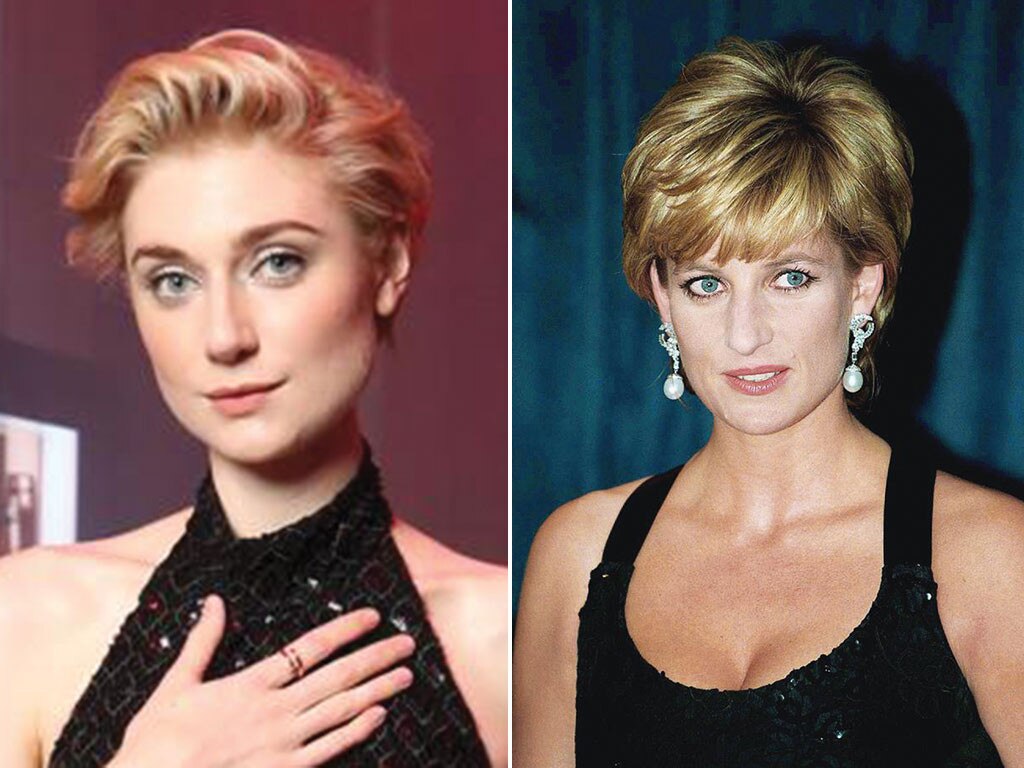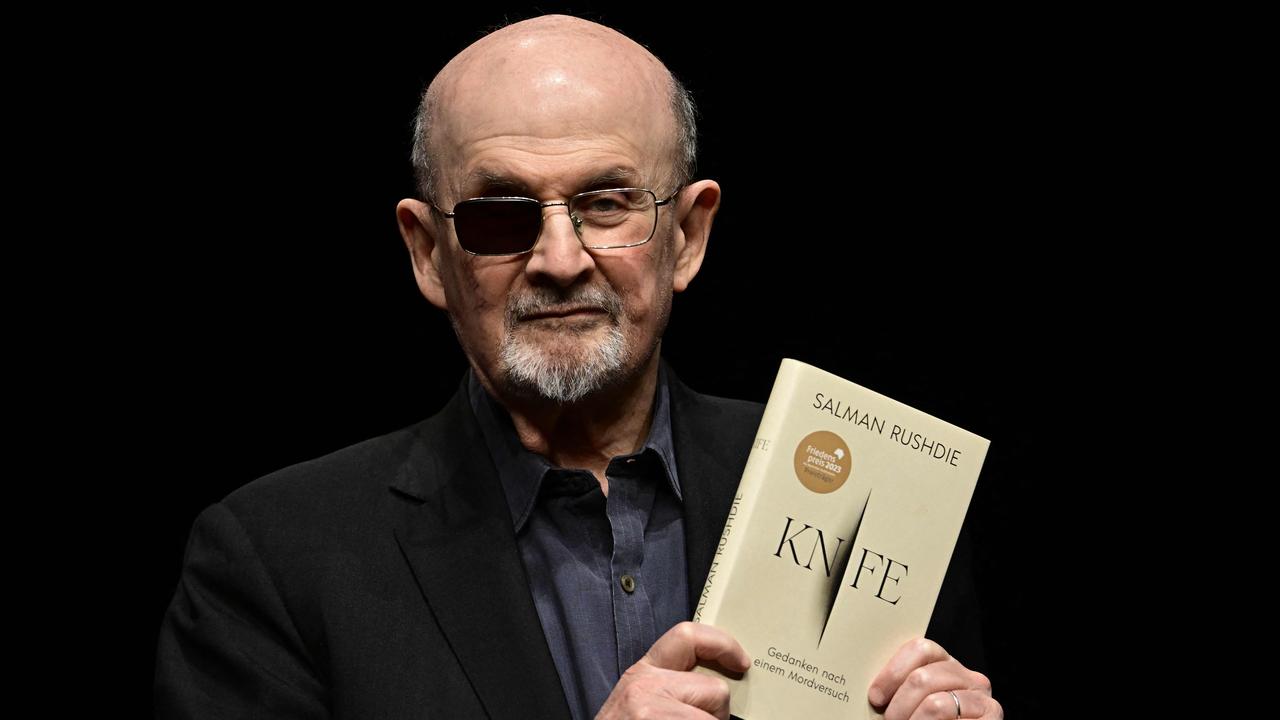BBC says sorry to Diana’s brother Earl Spencer for Panorama interview deceit
Head of BBC apologises to Princess Di’s brother for journalist’s use of fake bank statements to lure her into famous 1995 interview.
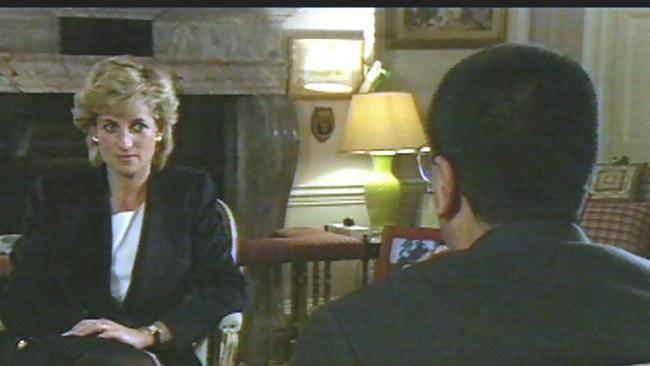
The director-general of the BBC has apologised to the brother of Diana, Princess of Wales for the use of fake bank statements 25 years ago, which it is claimed were instrumental in securing her famous Panorama interview.
Tim Davie wrote to Earl Spencer last week but declined to open an investigation into allegations that further underhand methods were deployed by the BBC journalist Martin Bashir.
Diana spoke to Bashir 25 years ago this week in an explosive interview that attracted 23 million viewers but has come under fresh scrutiny amid allegations that subterfuge was used to obtain it.
Spencer is understood to have told Davie that he has records of all his meetings and conversations with Bashir. These are alleged to show that Bashir told Diana fantastical stories to win her trust and that he used the fake bank statements to garner his first meeting with her.
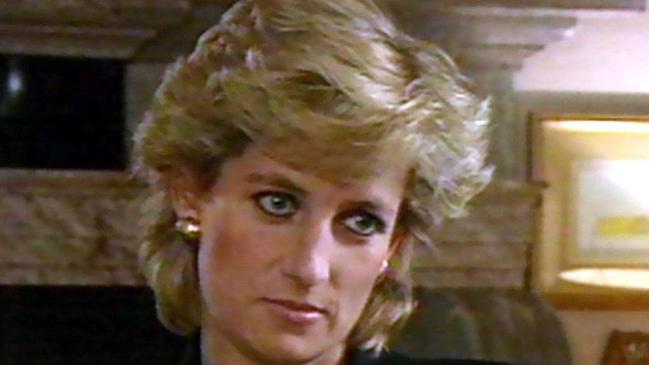
This seems to contradict an internal BBC investigation in 1996 into Bashir’s behaviour, which concluded that the fake documents were not used to clinch the interview.
These allegations were also the focus of a Channel 4 documentary, Diana: The Truth Behind the Interview, which aired last month and was made by Blink Films.
Sources close to Spencer claim that the BBC has long tried to brush the affair under the carpet to avoid investigating the matter further. The sources claimed that Spencer’s dossier of evidence “has the most unbelievable stuff”, said to include faxes from Bashir in which he makes wild allegations about Prince Charles and records of claims by Bashir that MI6, the British secret intelligence service, tapped the princess’s telephone.
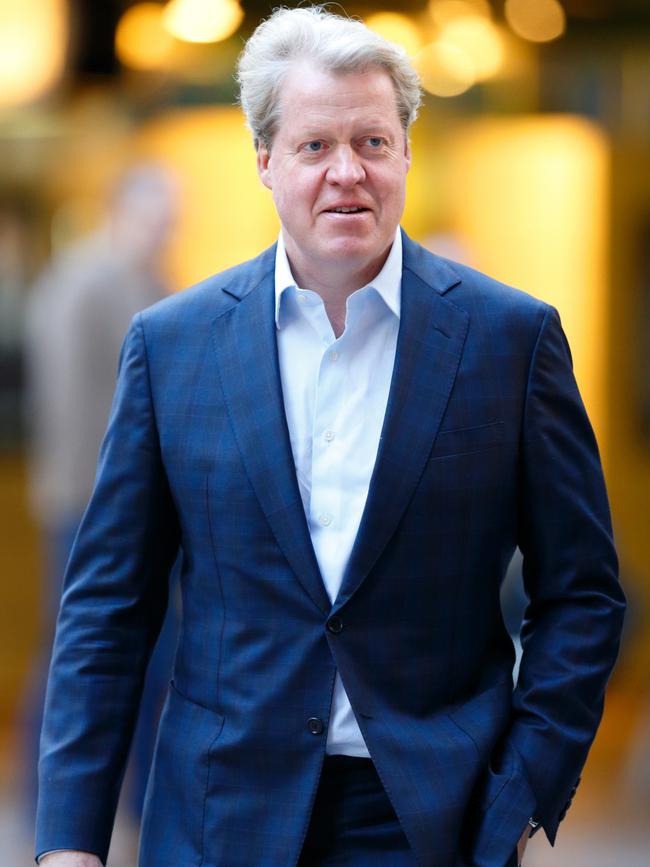
The corporation said: “If anyone has substantial new information they would like to share with us, we encourage them to do so – we have not been offered nor received a ‘dossier’ from anyone.”
The BBC claims that it is unable to “progress this any further” because “Martin Bashir is unwell”. The BBC stated last month that Bashir is seriously ill with Covid-related complications.
Bashir had approached Spencer in the summer of 1995, believing – according to the BBC’s own records obtained under freedom of information (FOI) laws – that Diana’s brother would be “the best route” to the princess, who had separated from Charles three years earlier.
Bashir and Spencer met in August and then September 1995 at the family estate, Althorp in Northamptonshire. Bashir is alleged to have told Spencer that Diana was under the surveillance of the security services and that high-profile figures in royal circles were spying on his sister. Spencer was so alarmed that he agreed to introduce Bashir to Diana.
That introduction would culminate in the interview recorded about six weeks later, during which Diana told Bashir: “There were three of us in this marriage,” a reference to Camilla Parker Bowles. Within weeks of its airing, the royal couple began divorce proceedings.
Spencer, 56, a former journalist, made notes at all these meetings. These detail outlandish and false claims that Bashir is alleged to have made to Diana, including that Charles wanted the entire Spencer family dead and that members of the royal household were being paid to gather information on her.
The latter claim played to a fear festering in Diana at the time: that she was being spied on after the collapse of her marriage. Bashir, then 32, had shown Spencer fake bank statements, which purported to show that a former employee of Spencer was both leaking stories to the media and giving information to the security services. The BBC had initially claimed, when the press approached the broadcaster about this story in 1996, that the documents were made for a separate, discontinued investigation.
The source added that fake bank statements had been vital to Bashir winning Spencer’s confidence and thus getting a meeting with his sister.
Davie’s apology is understood not to have extended to any other part of Bashir’s alleged conduct. Davie also invited Spencer to speak to another BBC executive about what had occurred.
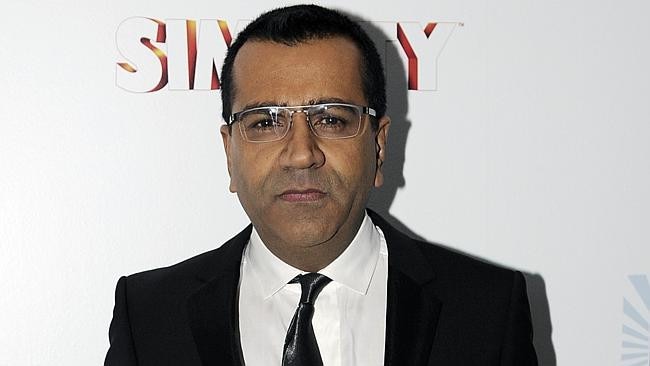
A potential issue for Davie is the role of his predecessor, Lord Hall, who was then the director of news and current affairs and oversaw the internal investigation into Bashir’s conduct after allegations of impropriety first emerged.
The documents released under FOI reveal that Hall told the BBC’s governors in April 1996 that “there had been no question of Bashir trying to mislead or do anything improper with the document” and that “Bashir was an honest man”. However, Hall never spoke to Spencer to hear his side of the story.
Another document released under FOI reveals that while Bashir was defended by the BBC, the graphic designer, Matt Wiessler, was punished, even though it was reported at the time that he did not understand he was creating forged documents. This statement to the board of governors said: “We are taking steps to ensure that the graphic designer … does not work for the BBC again” after his current contract expired.
The Diana interview was Bashir’s big break and later helped him secure unprecedented access to the pop star Michael Jackson. Bashir, 57, is the BBC’s religious affairs correspondent.
The BBC said: “Suggesting that mocked-up documents were genuine was wrong then and it’s wrong now; the BBC of today is happy to apologise for this … This would not happen today (Sunday).
“The BBC’s records from the time … show the focus of the BBC’s investigations into these events was whether or not the Princess of Wales had been misled.”
The BBC added that its key piece of evidence that she had not been was a written statement in which it is claimed Diana said that she had not seen the documents. However, this statement has gone missing.
The Times


